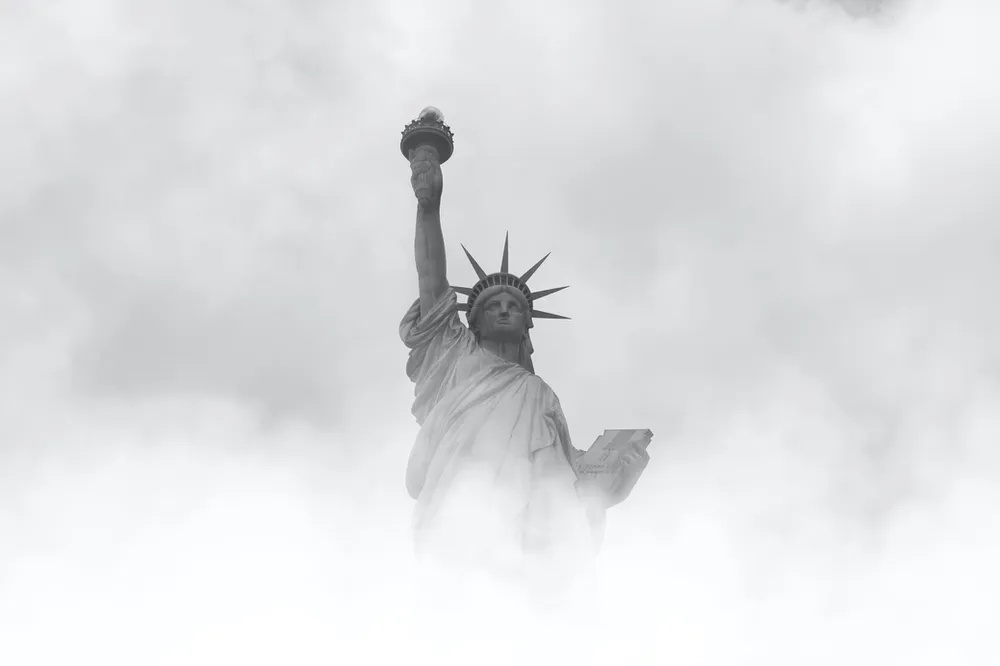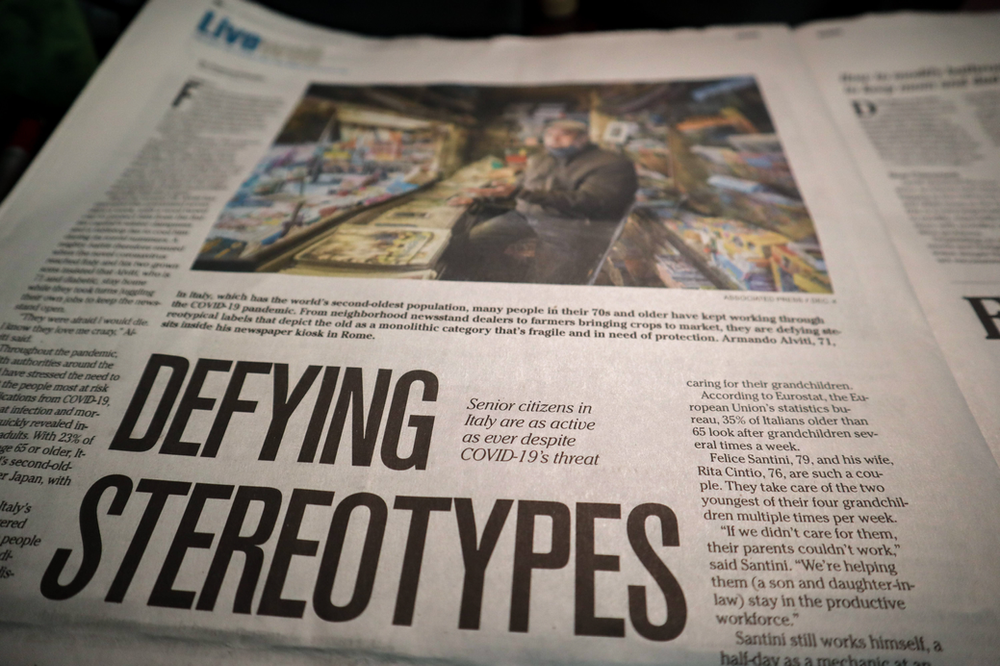I’ve seen quite a few satirical sketches recently that depict American Conservatives and Liberals agreeing on most of their political viewpoints at a very basic level. Most are quite humorous and display far more truth than most would like to admit. One principle that I believe Conservatives and Liberals seem to agree upon is that freedom is vanishing. Different groups may site different areas from which they believe freedom to be vanishing and each seeks to blame the other for the disappearance, but it holds true that both sides agree it is disappearing.
Freedom - An internal construct. It’s defined primarily by the power you have to choose your attitude in any circumstance and secondarily by that power to act in those circumstances
Liberty - Defined at a societal level. It’s a state of being free from oppressive restrictions on actions, behaviors, or beliefs.
It is essential to keep both consequences at the forefront in any conversation involving liberty. Most conversations that claim to discuss liberty leave out one of the two consequences. For example, someone may claim, under the guise of ‘liberty’, that they are free to act as they please. Their subsequent irresponsibility can create a heavy societal burden that others must bear. Alternatively, someone may focus only on the burden to others that an irresponsible act may bring and seek to reduce that burden by limiting freedom using the force of law. Neither conversation is accurate as both miss the actual nature of freedom. If all individuals acted how they wished in all events, society would tend toward anarchy, not liberty. If the power of law was used to intervene to remove the burden of liberty on others, society would tend toward tyranny, not liberty.
This is where Bastiat’s definition of liberty can be applied. Some may claim the freedom to do as they please under the guise of ‘liberty’ while others may claim a limit on freedom under the guise of ‘protection’. Neither will bring about liberty. Only “an acknowledgement of faith in God” will bring about liberty. We can further simplify this to a ‘belief in God’.
This isn’t to say that everyone in a society that has instilled liberty as its primary virtue must believe in God or else the society will fail. It also isn’t to say that those who believe in God always act in a manner that agrees with that belief. Neither is true. Many find a belief in God difficult, and – looking at God from a Christian perspective - no one ever follows the Christian ideal to perfection. As G. K. Chesterton once put it, “The Christian ideal has not been tried and found wanting. It has been found difficult, and left untried.”2 The key point isn’t that everyone must believe in God and live a perfect, God-fearing life of piety. It’s that the moral virtues in society must be based on the premise of a belief in God. This was the basis for the beginning of the United States of America. “One nation, under God…”
A contemporary of Bastiat named Alexis de Tocqueville helped us understand why this must be the case when he wrote, “Liberty cannot be established without morality, nor morality without faith.”3 The establishment of a governing body that protects the inalienable right of individual liberty is a moral endeavor. The question of protecting liberty or infringing upon it ultimately reduces to what society believes “ought to be”, and that question is a question of morals. The moral stance of protecting individual liberty is adequately defined by a faith, or belief, in God.
Both Bastiat and Tocqueville have the same message. Liberty cannot be maintained if the society that attempts to sustain it doesn’t set a belief in God as its central tenant. As John Adams famously said, “Our Constitution was made only for a moral and religious People. It is wholly inadequate to the government of any other.”4 The Constitution of the United States was created with the express purpose to “…secure the Blessings of Liberty to ourselves and our Posterity…”5 As a belief in God dwindles – whether that is in word or deed – the liberty of the individuals in a society will vanish with it.
Who, then, is to blame, and what is there to do? We don’t have to look farther than a mirror to find the ‘who’ and our own actions to find the ‘what’. James Madison said, “[W]hat is government itself, but the greatest of all reflections on human nature?” It falls to each of us to protect individual liberty. Please don’t mistake this for a call to political activism. If we are fighting the battle for individual liberty at the State or Federal Government level, we have already lost the war.
We need to begin the battle in our own homes and neighborhoods. It begins with our own personal responsibility and virtue. “People lacking in virtue could be counted on to trade liberty for protection, for financial or personal security, for comfort … for having their problems solved quickly. And there will always be people occupying or standing for public office who will be happy to offer the deal.”7 When you see a problem in your home that you did not create, it takes virtue and responsibility for you to stand up and take care of it. The same can be said for your neighborhood. Our natural desire is to say, “That isn’t my problem. Someone else should take care of it.” It takes a virtuous and responsible person to say, “That isn’t my problem, but I’m going to do something about it – even if I have to do the work myself.”
In short, it takes the principles espoused by a belief in God. Our individual liberty will continue to disappear if we do not check the decline of Godliness in all our social institutions – beginning most importantly in our own homes.
At Believe, we are working to change the world, for good. We are a community of people who are willing to work and help one another. We would love to have you join us. The world may never be the same.
1Bastiat, Frédéric. (2016). The law. pg 95
2Chesterton. (1910). What’s wrong with the world.
3Tocqueville, Alexis de. (2004). Democracy in America. Bantam Books. pg 13
4“From John Adams to Massachusetts Militia, 11 October 1798,” Founders Online, National Archives, accessed Aug. 9, 2022, https://founders.archives.gov/documents/Adams/99-02-02-3102.
5See the Constitution of the United States, 1st paragraph.
6James Madison, The Federalist Papers, No. 51
7Robert P. George, Ruling to Serve, First Things, accessed Aug. 9, 2022, https://www.firstthings.com/article/2013/04/ruling-to-serve.















